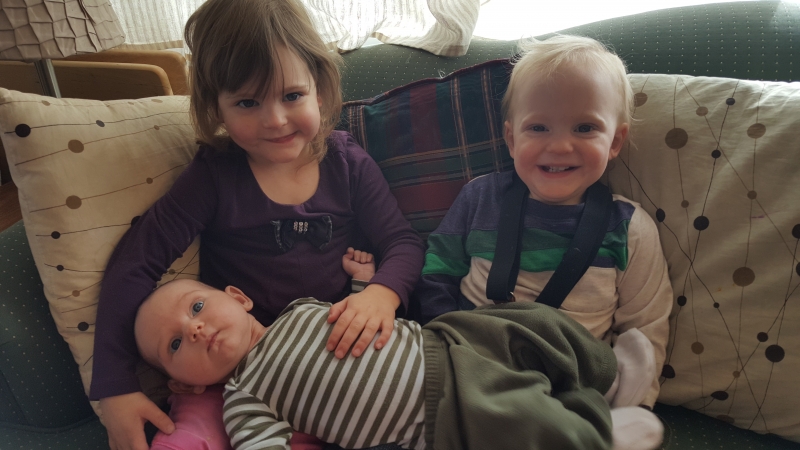I was in church leadership somehow, so I was supposed to watch the DVD on church growth strategies – but I was also a college student on spring break.
I’d decided to take my spring break at my grandparents’ farm, so I sat on their living room floor and took notes as I watched the DVD on their television.
If I remember right, the basic gist of the DVD was that you needed to identify what your church’s greatest weaknesses were – and bring them up – and then you needed to identify what the new weaknesses were and so on and so forth. Kinda a “you’re only as strong as your weakest link” idea. Or something like that.
Honestly, I don’t really remember much at all from that far ago DVD.
What I do remember is what my grandma said after I was done.
She’d been doing little household tasks in the background while I’d been watching, and had clearly been paying attention.
And she said, “You know, what strikes me is that they didn’t mention prayer at all.”
I recognized the wisdom of her gentle rebuke then – but I realize it much more now that I’ve lived another decade or so.
There are plenty of good strategies out there. There are things we can do to make ourselves better. Things we can do to improve our communication skills or our parenting skills or our connections. There are things we can learn about how to evangelize or study the Bible or create a welcoming environment.
But ultimately, what we do isn’t even half the picture. It’s God who changes hearts – ours and those of the people around us. It’s God who heals relationships. It’s God who saves. It’s God who transforms. It’s God.
Prayer reminds me that all the strategies in the world are useless unless God is in an endeavor.
“Unless the Lord builds the house, those who build it labor in vain. Unless the Lord watches over the city, the watchman stays awake in vain.”
~Psalm 127:1 (ESV)

